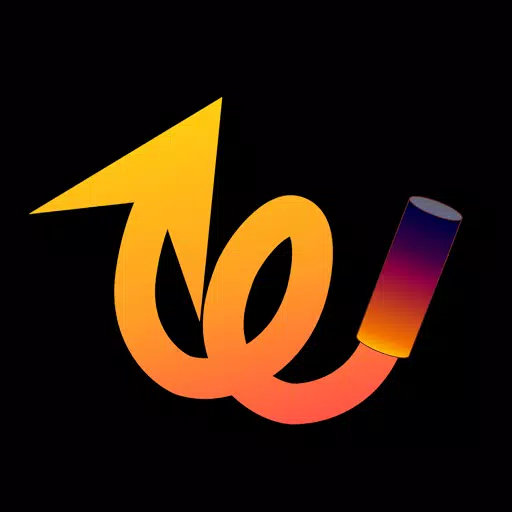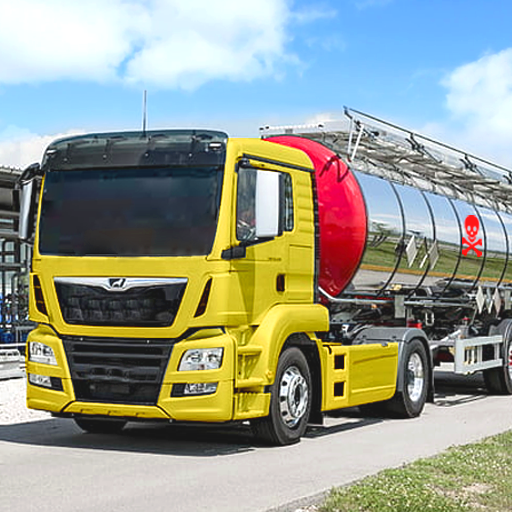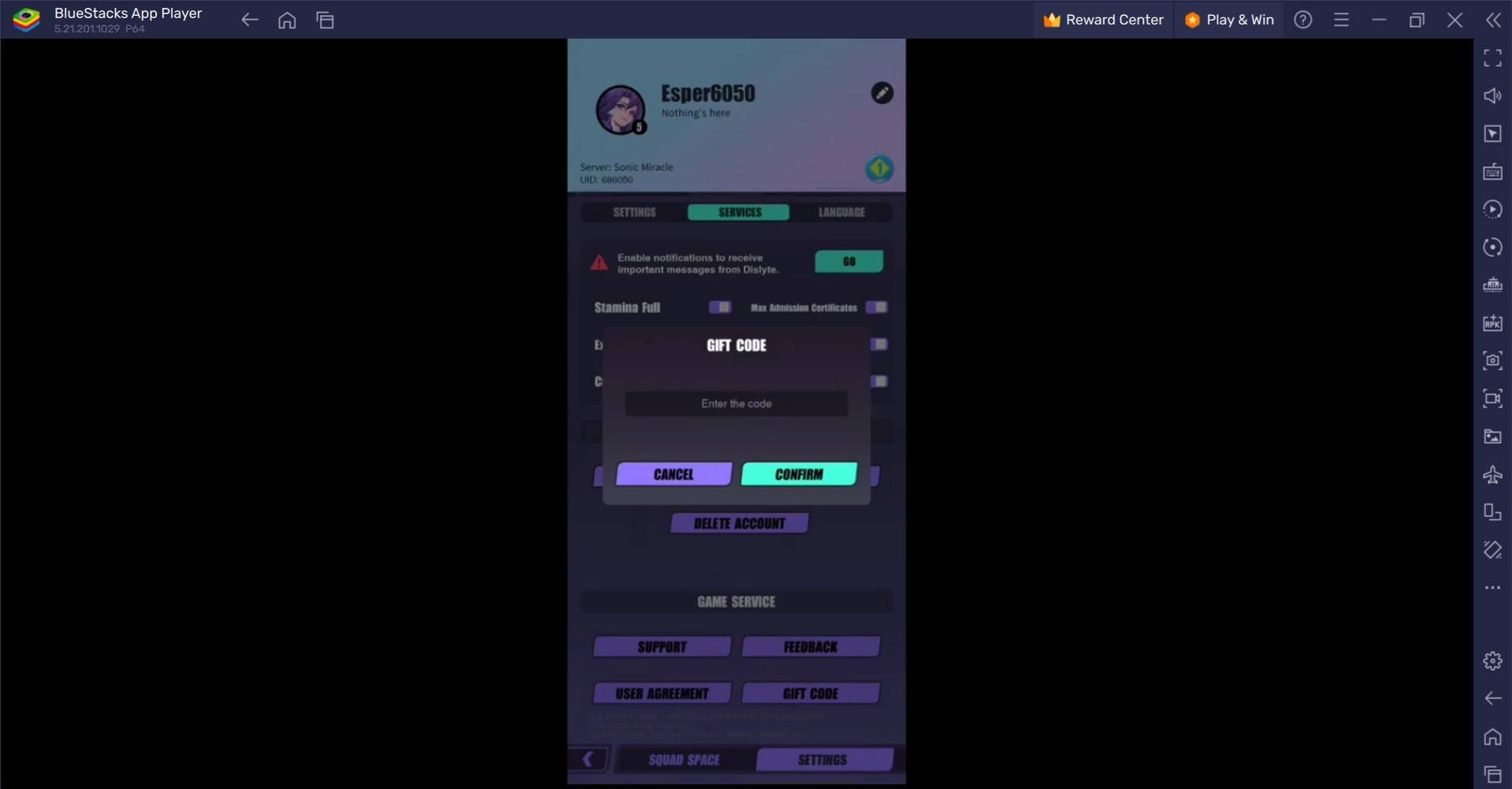Photos of ASUS' Xbox-branded handheld device, codenamed Project Kennan, have reportedly leaked online, providing the first glimpse of the ASUS ROG Ally 2. As reported by 91mobiles and noted by Eurogamer, images of both a white and a black version of the device surfaced via the Indonesian certification office, which linked to a now-deleted listing on the U.S.'s FCC website.
The leaked photos reveal that both versions of the ASUS ROG Ally 2 feature buttons arranged in an Xbox configuration, using Y, B, A, and X, as opposed to the PlayStation's triangle, circle, cross, and square, or Nintendo's X, A, B, and Y. Notably, the black variant includes a clear Xbox button positioned to the left of the thumbstick, though it lacks the iconic 'X' logo. While detailed tech specifications are currently scarce, it remains unclear whether there are significant differences between the black and white models.
According to Windows Central's Jez Corden, these devices are currently undergoing testing at Microsoft's headquarters, hinting at a possible official reveal around May 20. Corden's tweet on May 7, 2025, confirmed the leak of Project Kennan's photos.
Last month, ASUS Republic of Gamers' X/Twitter account teased both a Republic of Gamers (ROG) Xbox controller and handheld system, which received a playful acknowledgment from the official Xbox account, suggesting an imminent formal reveal.
This development aligns with an earlier report from IGN about Microsoft's gaming hardware ambitions, which include a next-gen Xbox planned for 2027 and an Xbox-branded gaming handheld expected to launch later in 2025.
While the ASUS ROG Ally 2 is not a Microsoft-made console, Microsoft is reportedly planning to launch its own first-party Xbox handheld in the future. Microsoft gaming boss Phil Spencer has hinted that a first-party Xbox handheld is still years away.
Meanwhile, the successor to the Xbox Series X is reportedly in full production and slated for release in two years. This timeline aligns with Xbox president Sarah Bond's statement that Microsoft is "moving full speed ahead on our next generation hardware," with a focus on delivering a significant technological advancement.
 Home
Home  Navigation
Navigation






 Latest Articles
Latest Articles
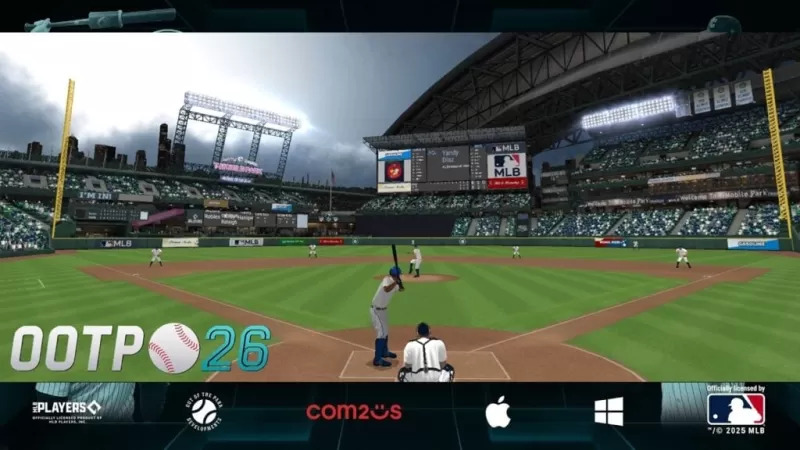

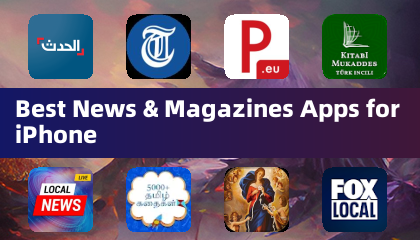




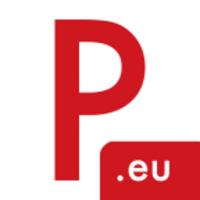


 Latest Games
Latest Games